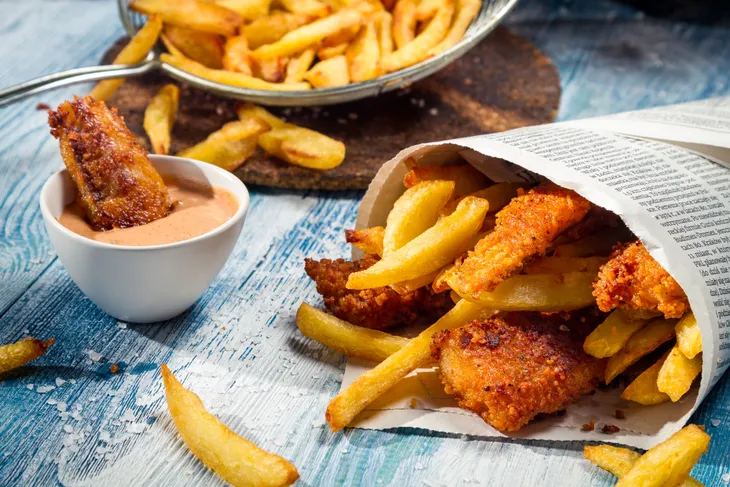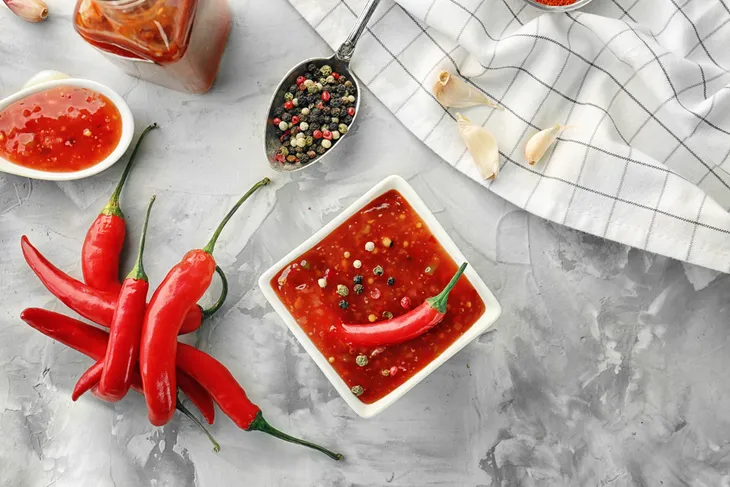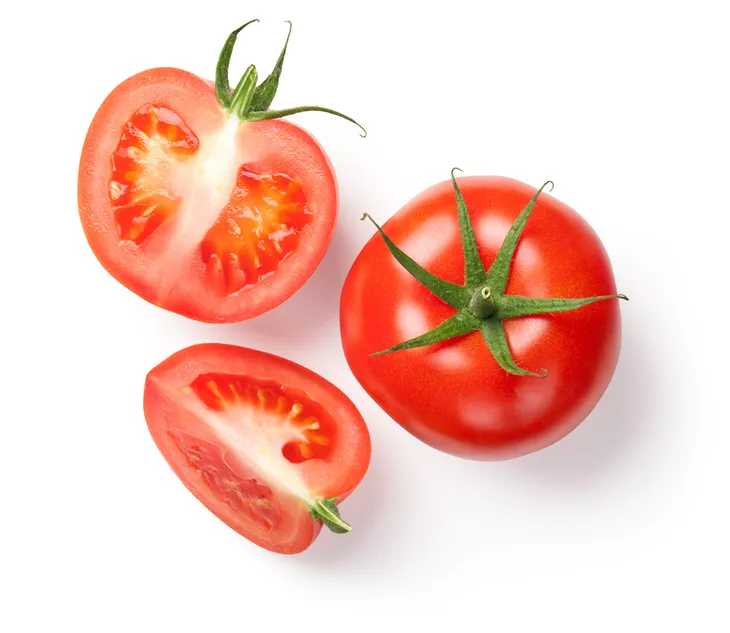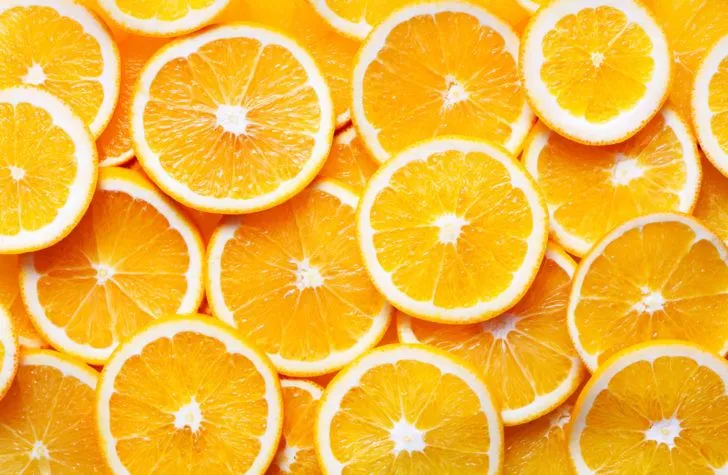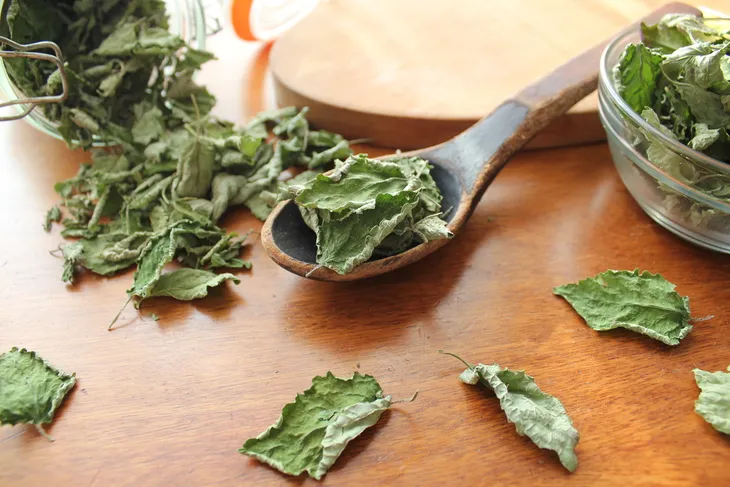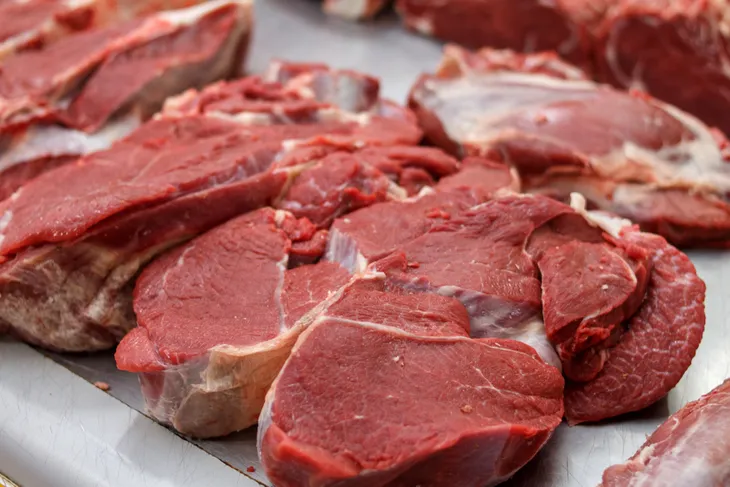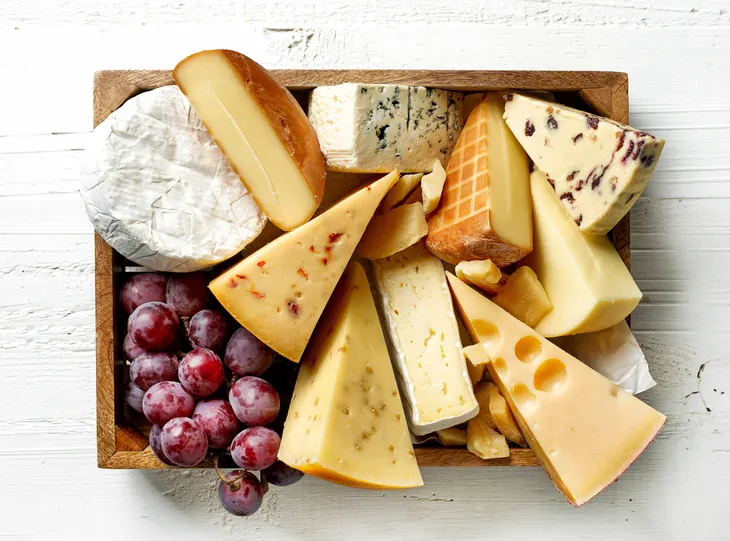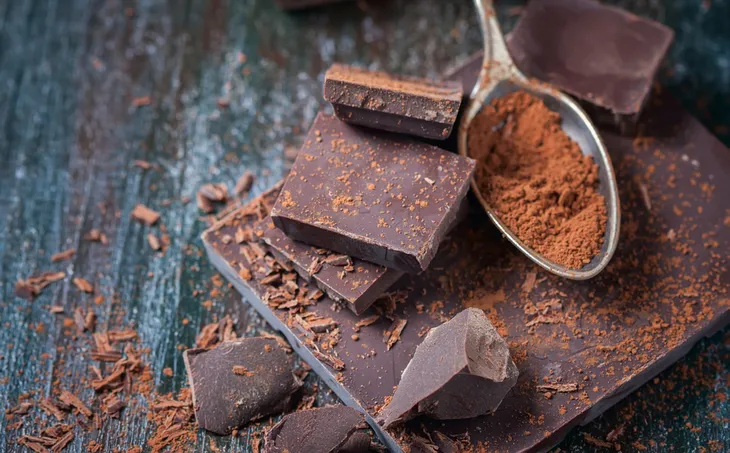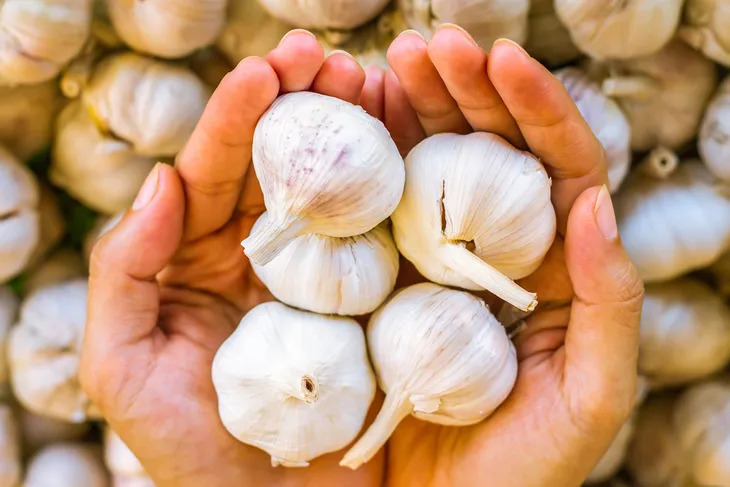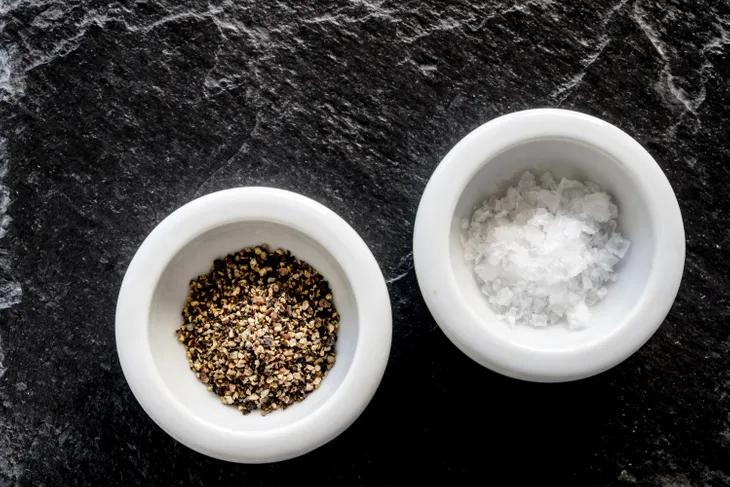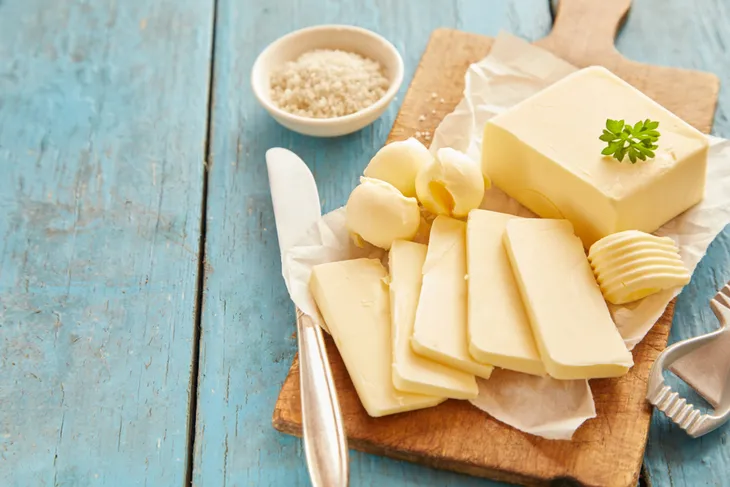Heartburn is a painful condition that affects around 20-percent of the population every week. The symptoms of heartburn are a tight, painful feeling through your chest which is usually caused by acid reflux, when stomach acid is released into the esophagus. The stomach acid eats away at the lining of the esophagus and can cause lasting damage.
If you experience frequent heartburn, you may have a condition called gastroesophageal reflux disease (GERD). Lifestyle and overall health are important factors in heartburn symptoms. Losing excess weight, quitting smoking, and sleeping in an elevated position can decrease the likelihood of acid reflux.
The type of food you eat and the quantity can exacerbate acid reflux, causing heartburn. If you suffer from heartburn, try eating smaller portions in 4-6 meals a day. Overloading your stomach can cause acid to leak into your esophagus. Keep a food diary to identify which foods may trigger your heartburn. You don’t need to cut these foods totally out of your diet, but moderation can help keep your heartburn at bay.
Here are 15 of the biggest heartburn trigger foods that you can avoid for relief from acid reflux.
Want diet & nutrition content delivered straight to your inbox? Sign up for our exclusive diet & nutrition newsletter!
Alcohol
Alcohol can be a massive trigger for heartburn attacks. Red wine and beer are particularly likely to cause acid reflux. Alcohol relaxes your esophageal sphincter, allowing for stomach acid to creep up. Drinking alcohol with a large meal is a recipe for disaster as it increases the risk for acid reflux. If you enjoy a drink with your meal, eat smaller portions to minimize your risk of heartburn.
Fried Food
Fatty foods can be brutal for a person suffering from acid reflux. While fried foods may look crispy, they retain a lot of the oil in the coating. Foods high in fat take longer to digest, putting pressure on your stomach and esophagus. This increases the risk of acid reflux due to the time your stomach stays full. Instead of fried foods, try grilling or poaching your meals. This not only saves calories but can protect you from heartburn.
Spicy Food
The effect of spicy food on heartburn is interesting. Many people complain of massive heartburn after consuming a spicy dish, but others may find spicy food helps calm their chronic heartburn. Spicy food can affect the acid levels in your stomach, creating a more hostile environment that can promote acid reflux. If you find spicy food can trigger heartburn, then try reducing the heat in your meals.
Tomatoes
Tomatoes, fresh or canned, can be a major trigger for heartburn. While they are incredibly healthy vegetables, tomatoes are naturally high in acid. This can upset your stomach, causing acid reflux as you digest your meal. Be wary of tomatoes used in cooking. A delicious pasta sauce could come back to haunt you later that night. Also consider condiments high in tomatoes and acid, such as ketchup and salsa.
Oranges
Your breakfast orange juice could be giving you heartburn later in the day. Oranges and other citrus fruit are high in acid content, which can lead to acid reflux. Instead of citrus fruit, go for high alkaline foods. These include berries, apples, pears, bananas, and melon. If you insist on drinking or eating citrus foods, try to get them in as early in the day as possible. This will minimize the risk of heartburn, as many people experience it in bed or while lounging.
Mint
Mint tea and candies are known to settle upset stomachs, but this herb can worsen heartburn. The numbing effect of mint can relax your esophageal sphincter, letting stomach acid attack your esophagus. If you are looking for natural heartburn treatments to replace mint, consider ginger. Ginger is a natural nausea reducing foods. Enjoy ginger tea before bed to reduce your chance of overnight heartburn.
Beef
Beef may seem innocuous in causing heartburn. Unfortunately beef can be high in fat, which can cause acid reflux. Expensive cuts such as filet mignon, porterhouse, New York strip, and T-bone steaks are all high fat cuts of beef. Instead, opt for lean cuts of beef. These include sirloin tip, top round, eye of round, and top sirloin. Low fat cuts of beef can be tough, so marinate or stew the meat for best results.
Coffee
Drinking coffee all day can cause heartburn. Coffee is high in acid, which we know can exacerbate acid reflux. Any drink high in caffeine can also cause heartburn. The caffeine relaxes the esophageal sphincter which allows stomach acid to damage your body. Caffeine free coffee can be high in acid, even though you’re safe from the caffeine. Moderation is key here; enjoy your coffee in the morning but don’t drink it all day.
Cheese
Cheese is naturally high in fat. High fat foods can relax your stomach and delay digestion. This puts pressure on your esophageal sphincter and can let acid creep through. High fat cheeses include cheddar, cream cheese, gouda, Parmesan, and stilton. Low fat cheeses include cottage cheese, ricotta, and any other types with reduced fat. Cheese sauces can be particularly bad, as they typically also include lots of heavy cream and butter.
Soda
Soda can be very damaging to individuals who suffer from acid reflux. Many soda pop varieties are high in acid, such as colas and fruit flavored beverages. The carbon dioxide in soda is also a danger. The bubble can force open your esophagus, letting acid creep up. If you find the carbonation of soda to cause heartburn, try letting your soda sit out for a while to go flat. Water is always a better choice!
Chocolate
Chocolate is a triple threat. It is high in fat, which means it takes longer to digest. It is high in caffeine, which relaxes the esophageal sphincter and can let stomach acid creep up. It is also a natural relaxant, releasing the pleasure hormones in your body. This action can also relax the sphincter. Chocolate is a particularly bad food to eat if you suffer from heartburn. Pregnant women should be cautious as they may crave it, but they are at a high risk for heartburn.
Garlic
Garlic and onion are common triggers for people suffering with heartburn. Many people consider garlic to be a health food and recommend people to eat it when their stomachs are upset. If you suffer from heartburn, try elimination garlic and onion from your diet to see if this helps your symptoms. Instead, spice your food with different herbs to amp up the flavor.
Salt and Pepper
Many people suffer from heartburn after ingesting spicy foods. They may react with the chilis, but never consider that simple pepper could be their trigger. Pepper can be quite spicy but we ignore it as a normal spice. Salt is another big trigger for heartburn. Studies have found that people who ate diets high in salt had a higher risk for developing heartburn. Cut your risk but eating a low sodium diet and watching your spice amounts.
Butter
While we know fatty foods can cause heartburn, how you cook your food can also play a role. Frying in butter and oil can add unwanted calories and fat to your meal. Instead, opt for a nonstick pan and use just a touch of cooking spray. Grilling and steaming are also great options. Resist adding butter on top of your cooked vegetables. Instead sprinkle on some herbs for flavor.
Candy
Candy is a bad choice for people with heartburn. Sugar can be one of the worst culprits of acid reflux. Avoiding foods with added sugar can help curb your chronic heartburn. Natural fruit sugars may be fine, but listen to your body. Candy can also contain added vitamin C for flavor and its preservative qualities. This can make the candy very acidic, making candy a doubly dangerous food.



